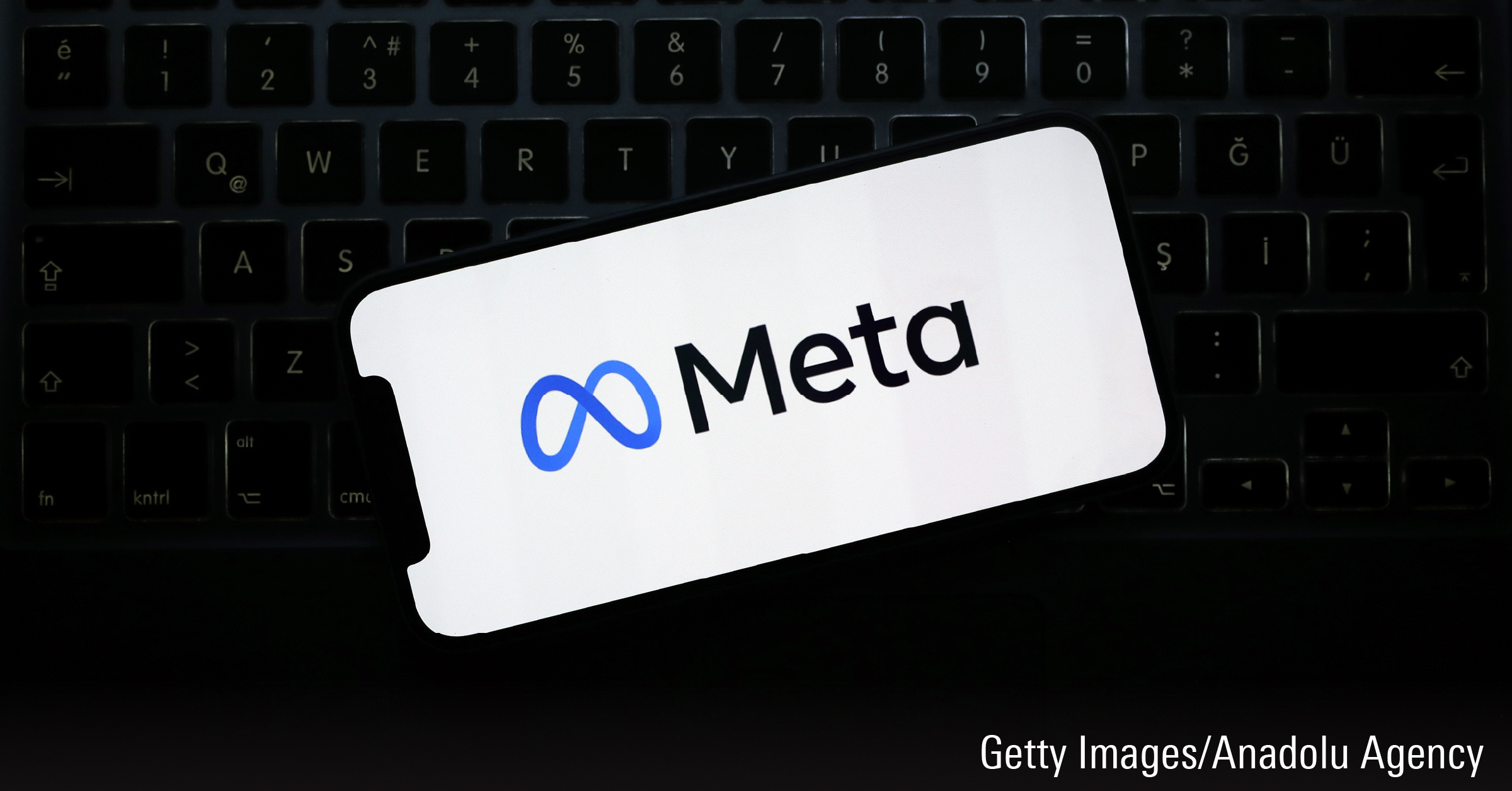Going Into Earnings, Is Meta a Buy, a Sell, or Fairly Valued?
Watching ad demand, AI monetization, and platform usage.

Meta Platforms META is set to release its second-quarter earnings report on July 31. Here’s Morningstar’s take on what to look for in Meta’s earnings and stock.
Key Morningstar Metrics for Meta Platforms
- Fair Value Estimate: $400.00
- Morningstar Rating: 2 stars
- Morningstar Economic Moat Rating: Wide
- Morningstar Uncertainty Rating: High
Earnings Release Date
- July 31, after the close of trading
What to Watch for in Meta Platforms’ Q2 Earnings
- Given the maturity of Facebook and Instagram, can the firm continue its streak of impressive usage gains? Daily active users across apps have grown around 7% year over year in each of the past four quarters, including 7.3% in the first quarter. At some point, that pace will slow.
- As with Alphabet GOOGL/GOOG, how is ad demand evolving? Average ad pricing was up 6% during the first quarter, following declines of 9% in 2023 and 16% in 2022. Besides questions around demand from Asian retailers, is Meta making progress in improving advertisers’ ability to target users and measure ad effectiveness?
- Do the company and Mark Zuckerberg have additional thoughts on how the firm will monetize investments in artificial intelligence? The areas discussed last quarter—like helping businesses with customer service or charging for access to LLMs—are underwhelming, given the large number of firms chasing these opportunities. That’s not to say Meta can’t generate growth here, but the ROI on its massive investments may not be great.
- We would point to the same thought on spending plans as with Alphabet: Investors are interested not only in how any changes in Meta’s plans could affect it directly, but also how those changes could affect others, like Nvidia NVDA.
Meta Platforms Stock Price
Fair Value Estimate for Meta
With its 2-star rating, we believe Meta’s stock is overvalued compared with our long-term fair value estimate. In an industry in which continual investment is required to compete and maintain market leadership, we believe the firm is well-positioned in terms of access to capital. It has a strong balance sheet with net cash of $47 billion. The company generated $71 billion in cash from operations in 2023 (41% higher than the prior year), mainly due to the return of top-line growth and the implementation of cost-control policies. While capital investment remains elevated versus earlier years, capital spending declined to $27 billion in 2023 from $31 billion the prior year. As a result, free cash flow more than doubled to $44 billion.
Read more about Meta Platforms’ fair value estimate.
Meta Platforms Stock vs. Morningstar Fair Value Estimate
Economic Moat Rating
We assign Meta a wide moat based on network effects around its massive user base and intangible assets consisting of a vast collection of data users have shared on its various sites and apps. Given its ability to profitably monetize its network via advertising, we think Meta will more likely than not generate excess returns on capital over the next 20 years.
Since it’s the clear-cut social media leader, we believe Meta’s offerings have established strong network effects, whereby all these platforms become more valuable as more people use them. This creates barriers to success for social network upstarts and barriers to exit for users, who might leave behind friends, contacts, pictures, memories, and more by departing to alternative platforms.
Read more about Meta Platforms’ economic moat.
Financial Strength
Meta declared a quarterly dividend of $0.50 per share in the first quarter of 2024. The firm will likely also use a portion of its cash to repurchase shares and remain active with acquisitions, although limited by continuing FTC antitrust oversight.
Read more about Meta Platforms’ financial strength.
Risk and Uncertainty
Our Uncertainty Rating for Meta is High. While barriers to exit may be increasing for users of Facebook and its family of apps, a disruptive or innovative technology (recently TikTok) could reduce the time they spend on Meta’s apps. Increased usage and engagement on one social network could come at a cost to other social networks, reducing engagement and the potential return on investment for advertisers. Even with Meta’s dominant position in the social network market, its dependence on online advertising exposes it to a lengthy downturn in online ad spending, which could happen during a protracted economic downturn.
Read more about Meta Platforms’ risk and uncertainty.
META Bulls Say
- With more users and usage time than any other social network, Meta provides the largest audience and the most valuable data for social network online advertising.
- Meta’s ad revenue per user is growing, demonstrating the value advertisers see in working with the firm.
- The application of AI technology to Meta’s various offerings, along with the launch of VR products, will increase user engagement, driving further growth in advertising revenue.
META Bears Say
- Meta is currently a one-trick pony, and it will be severely affected if online advertising no longer grows or more advertising dollars shift to other platforms like Google or Snapchat.
- Despite rapid user growth, many of Meta’s customers may also belong to other social networks, such as Snapchat or TikTok. The firm must continually fight to capture a user’s time.
- Regulations could emerge that limit the application and collection of user and usage data, or restrict acquisitions, affecting data utilization and growth.
This article was compiled by Leona Murray.
The author or authors do not own shares in any securities mentioned in this article. Find out about Morningstar’s editorial policies.

/s3.amazonaws.com/arc-authors/morningstar/12c6871b-2322-44d8-bd98-0437fa1a0a07.jpg)
/cloudfront-us-east-1.images.arcpublishing.com/morningstar/Z34F22E3RZCQRDSGXVDDKA7FGQ.png)
/cloudfront-us-east-1.images.arcpublishing.com/morningstar/D2LN64PPEJFUFPSWUNYVGCCDLA.png)
/cloudfront-us-east-1.images.arcpublishing.com/morningstar/4JOND5R2SBFPZE63XWPYQDG56A.png)
:quality(80)/s3.amazonaws.com/arc-authors/morningstar/12c6871b-2322-44d8-bd98-0437fa1a0a07.jpg)